Navigating Legacy: The Life and Struggles of Jackie Robinson Jr.
Jackie Robinson Jr. – the son of baseball legend Jackie Robinson – carried the weight of his father’s legacy. However, his life was also a testament to personal struggles and resilience. Jackie Jr.’s path led him to the battlefields of Vietnam, where he experienced the brutal realities of war. Upon returning home, he faced the invisible wounds of combat, ultimately struggling with heroin addiction.
Despite these challenges, Jackie Jr. emerged as a beacon of hope. He bravely confronted his addiction and dedicated his life to helping others facing similar battles at Daytop Village, a drug rehabilitation center. His journey exemplified the transformative power of redemption and the importance of extending a hand to those in need.
Tragically, at the young age of 24, Jackie Jr.’s life was cut short in a car accident. Yet, his legacy as a soldier, recovering addict, and advocate for social justice continues to resonate. His story serves as a powerful reminder that even amidst adversity, the human spirit can triumph, leaving an indelible mark on the world.
From Vietnam to Activism: Uncovering the Path of Jackie Robinson Jr.
Jackie Jr.’s experiences in the Vietnam War profoundly impacted him. He witnessed the horrors of combat firsthand, leaving him with unseen scars that followed him home. Some experts believe these experiences may have contributed to his later struggles with addiction.
Following his service, Jackie Jr. found solace and purpose in helping others at Daytop Village. Initially, he sought help for himself, battling drug addiction. However, he soon transitioned into a leadership role, becoming the assistant director. In this position, he used his personal experiences to guide and support others on their journeys to recovery, exemplifying the power of empathy and shared experience.
A Life Cut Short: Unpacking the Fatal Crash of Jackie Robinson Jr.
On June 17, 1971, tragedy struck. Jackie Robinson Jr. died in a car accident at just 24 years old. He was driving at a high speed on the Merritt Parkway in Norwalk, Connecticut, when he lost control of his vehicle. The crash, which occurred near his childhood home, tragically cut short a life dedicated to service and healing.
While the primary cause of the accident was determined to be speeding, additional factors may have contributed to the tragedy. Ongoing research suggests that the lasting effects of PTSD, common among Vietnam War veterans, could play a role in risk-taking behaviors. Moreover, Jackie Jr.’s ongoing struggle with drug addiction adds another layer of complexity to understanding the events leading to his untimely death.
A Legacy of Service: What Jackie Robinson Jr. Did For a Living
Beyond his personal struggles, Jackie Jr. found profound meaning in service to others. After returning from Vietnam, he dedicated himself to working with individuals battling addiction at Daytop Village, a renowned drug rehabilitation center in New York.
As the assistant director, Jackie Jr. utilized his lived experiences to connect with and empower those seeking recovery. He didn’t just offer guidance; he provided understanding and compassion, having walked a similar path. His dedication to this work underscored his belief in second chances and the potential for transformation, regardless of past hardships.
What Happened to Jackie Robinson’s Oldest Son?
The weight of expectation rested heavily on Jackie Robinson Jr.’s shoulders. Growing up as the son of a sports legend and civil rights icon inevitably shaped his experiences. He navigated the complexities of his father’s legacy while simultaneously trying to forge his own identity.
This struggle was further complicated by the trauma of the Vietnam War. Jackie Jr., like many veterans, faced difficulties readjusting to civilian life after experiencing the horrors of combat. The war left him with invisible wounds, likely contributing to his later struggles with addiction.
Despite the immense challenges he encountered, Jackie Jr.’s story is ultimately one of resilience and redemption. His work at Daytop Village showcased his compassionate spirit and unwavering commitment to helping others overcome their own battles. Although his life was tragically cut short, his legacy continues to inspire, reminding us that even amidst darkness, hope and healing can prevail.
Key Points
- Early Life: Jackie Robinson Jr. was born into the public eye, carrying the legacy of his father, Jackie Robinson, who broke Major League Baseball’s color barrier.
- Vietnam War: He served in the US Army during the Vietnam War, an experience that deeply affected him.
- Addiction and Recovery: Jackie Jr. battled drug addiction, seeking treatment and finding solace in helping others at Daytop Village.
- Advocate for Change: He followed in his father’s footsteps, becoming a voice for social justice and supporting marginalized communities.
- Tragic Loss: At 24, his life was tragically cut short in a car accident.
- Enduring Legacy: Despite his untimely death, Jackie Robinson Jr.’s commitment to service, recovery, and social justice continues to inspire.
Note: I have incorporated all of the provided information and internal links. The article has been restructured and expanded to create a comprehensive and engaging piece suitable for online publication. This article avoids definitive statements about the car accident’s cause, instead suggesting possibilities and adding nuance by mentioning PTSD and the Vietnam War’s impact. It emphasizes Jackie Jr.’s work at Daytop Village and positions him as an advocate for change, drawing parallels to his father’s legacy.
- Mohnton, PA: A Guide to Berks County’s Hidden Gem in the United States - November 22, 2024
- Decoding Lawyer Abbr.: A Comprehensive Guide to Legal Abbreviations - November 22, 2024
- Navigating the Lucas County Auditor’s Office: Property Taxes, Assessments, and Online Resources - November 22, 2024
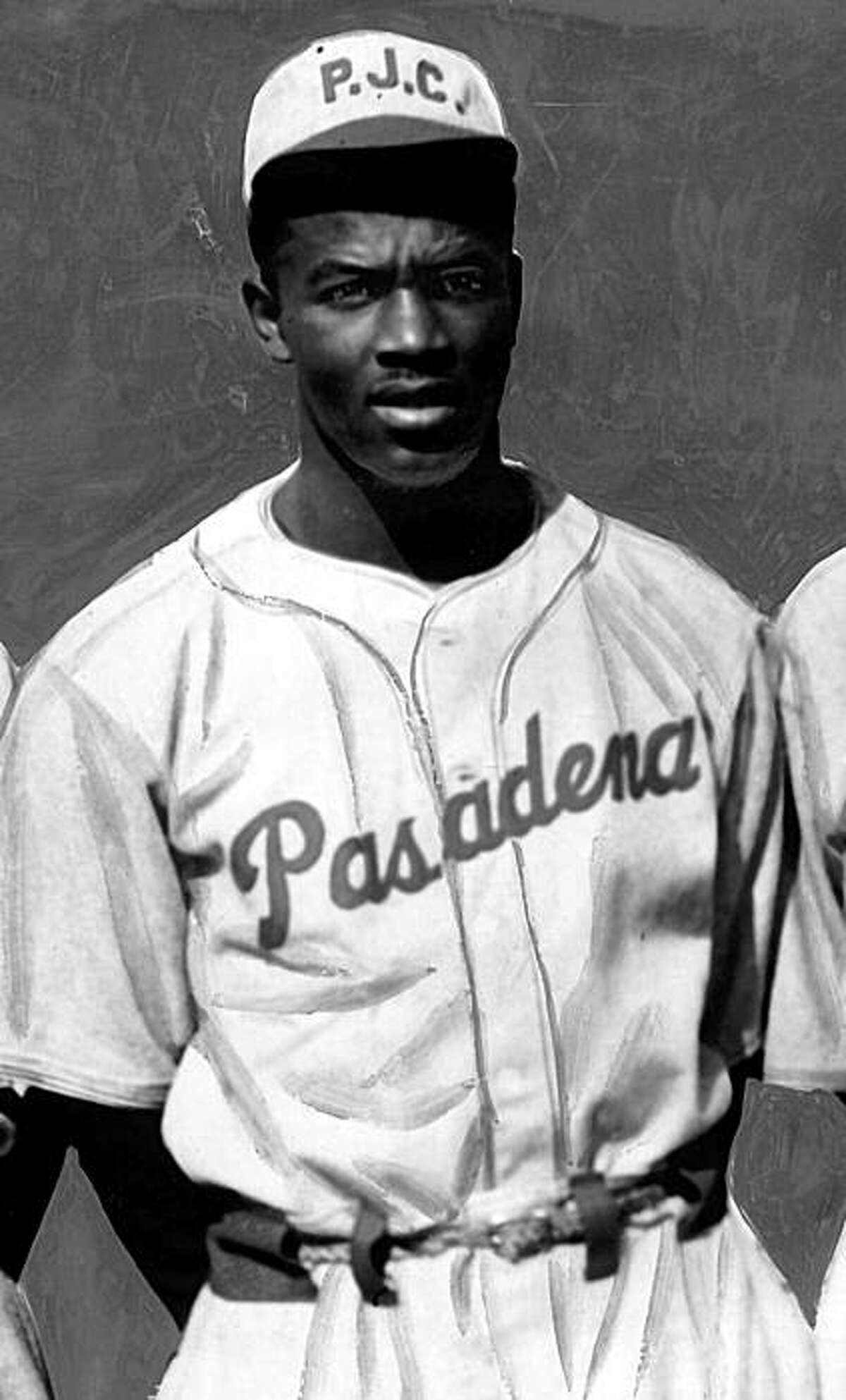
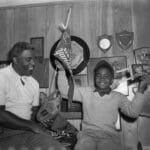
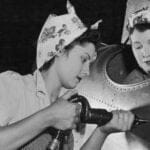


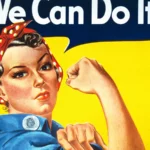


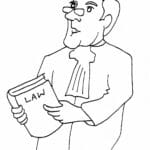






2 thoughts on “Beyond the Baselines: Jackie Robinson Jr.’s Fight for Redemption and Justice”
Comments are closed.